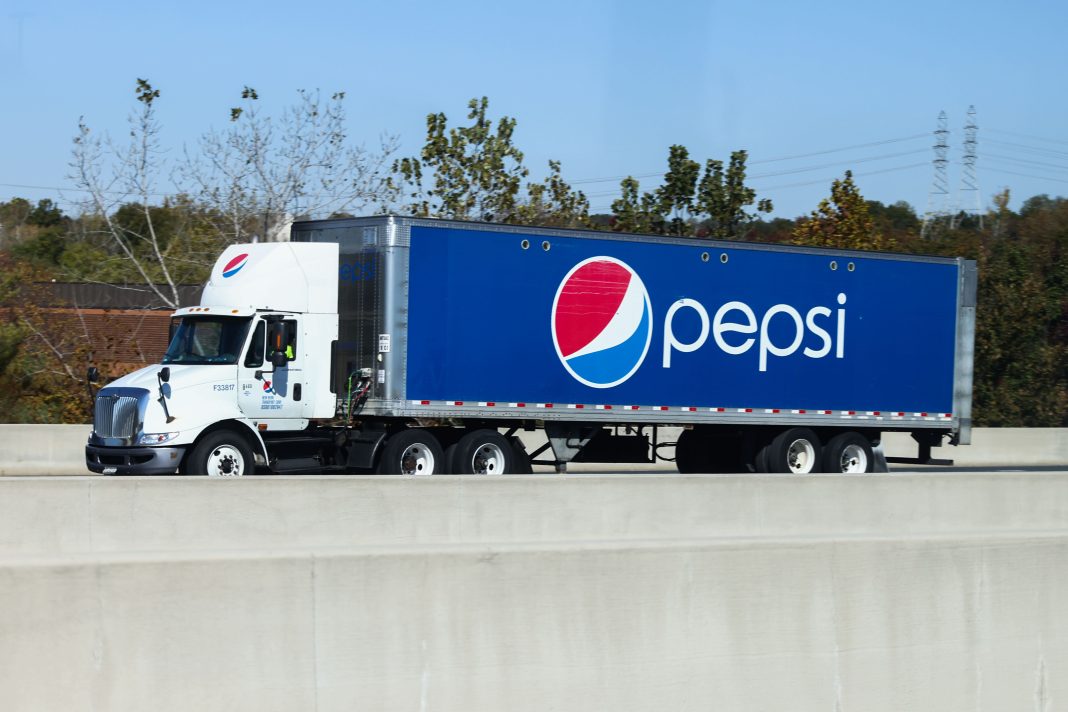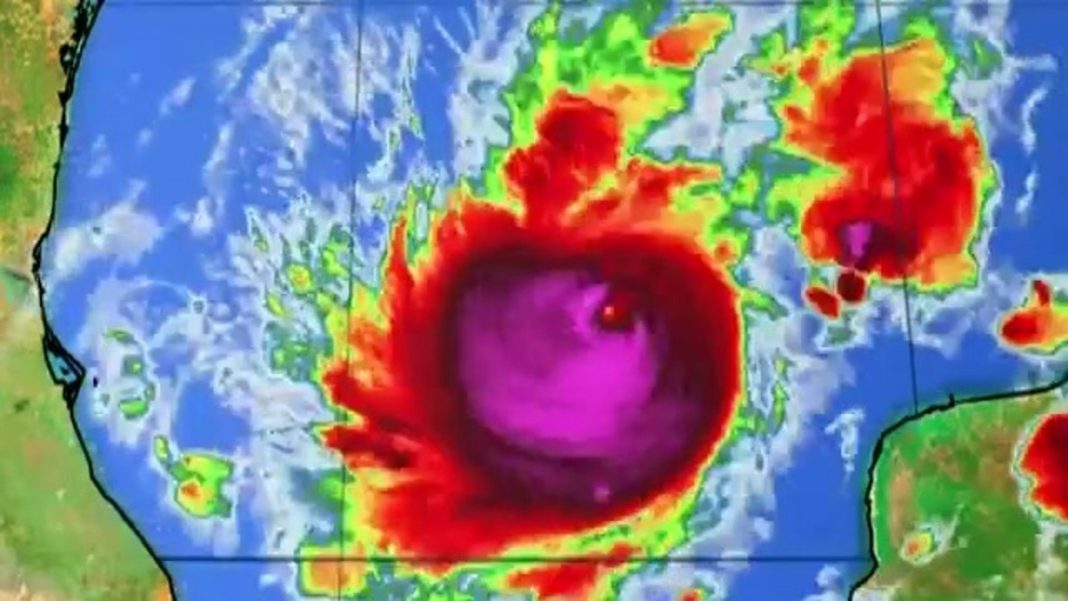PepsiCo, a titan in the global food and beverage industry, has recently faced a series of challenges that have led the company to revise its financial outlook for the upcoming year. In a candid statement, CEO Ramon Laguarta attributed the weaker performance to multiple factors, including the impact of recalls in its Quaker Foods division, a decline in consumer demand in the U.S., and operational disruptions in various international markets.
As a result of these pressures, PepsiCo has adjusted its 2024 forecast for organic revenue growth down to a low single-digit increase, a notable reduction from its earlier projection of a 4% rise. While the company maintains its expectation for a robust 8% growth in core constant currency earnings per share, the shift in revenue outlook has not gone unnoticed by investors. Following the announcement, PepsiCo shares dipped by 1% in premarket trading, reflecting market apprehension about the company’s near-term prospects.
A closer examination of PepsiCo’s quarterly performance reveals a concerning trend. The company reported a third-quarter net income of $2.93 billion, translating to $2.13 per share, which marks a decline from the previous year’s figures of $3.09 billion, or $2.24 per share. Analysts had anticipated an adjusted earnings per share of $2.29, but PepsiCo managed to exceed this slightly at $2.31. However, the company’s revenue for the quarter came in at $23.32 billion, falling short of the expected $23.76 billion.
One of the most significant drivers of this downturn has been the volume decline across both the food and beverage sectors. Overall volume for these divisions decreased by 2%, with Quaker Foods North America experiencing the steepest drop at 13%. This decline can be traced back to a series of product recalls due to potential salmonella contamination that began in December and were later expanded in January. Although the immediate effects of these recalls are beginning to fade, the damage to consumer trust and brand perception may take longer to repair.
In contrast, the Frito-Lay division, which includes popular snack brands such as Cheetos and SunChips, reported a 1.5% decline in volume. This is particularly concerning given that this division had previously been a strong performer in the packaged food category. PepsiCo executives have noted a shift in consumer behavior across income levels, which could explain the underperformance in a category that had, until recently, outpaced others in the market.
The beverage segment also struggled, with North American volume falling by 3%. Despite this decline, brands like Gatorade and Pepsi managed to achieve revenue growth during the quarter, indicating that while overall demand is waning, selected products still resonate with consumers. However, the broader trends in Latin America and the Asia-Pacific regions echo similar concerns, with both food and drink volumes contracting.
As PepsiCo navigates these turbulent waters, the company is focused on adapting its strategies to meet evolving consumer preferences. Efforts to enhance value for customers and improve product availability are underway, particularly in the snack category. Nevertheless, the road ahead appears challenging, as both salty and savory snacks have underperformed compared to historical metrics.
In summary, PepsiCo’s recent adjustments to its financial outlook highlight the complexities of the current economic landscape, where consumer behavior is shifting and external factors can significantly impact performance. As the company works to regain momentum, it will be crucial to monitor how these strategies unfold and whether they can effectively restore confidence among investors and consumers alike.

